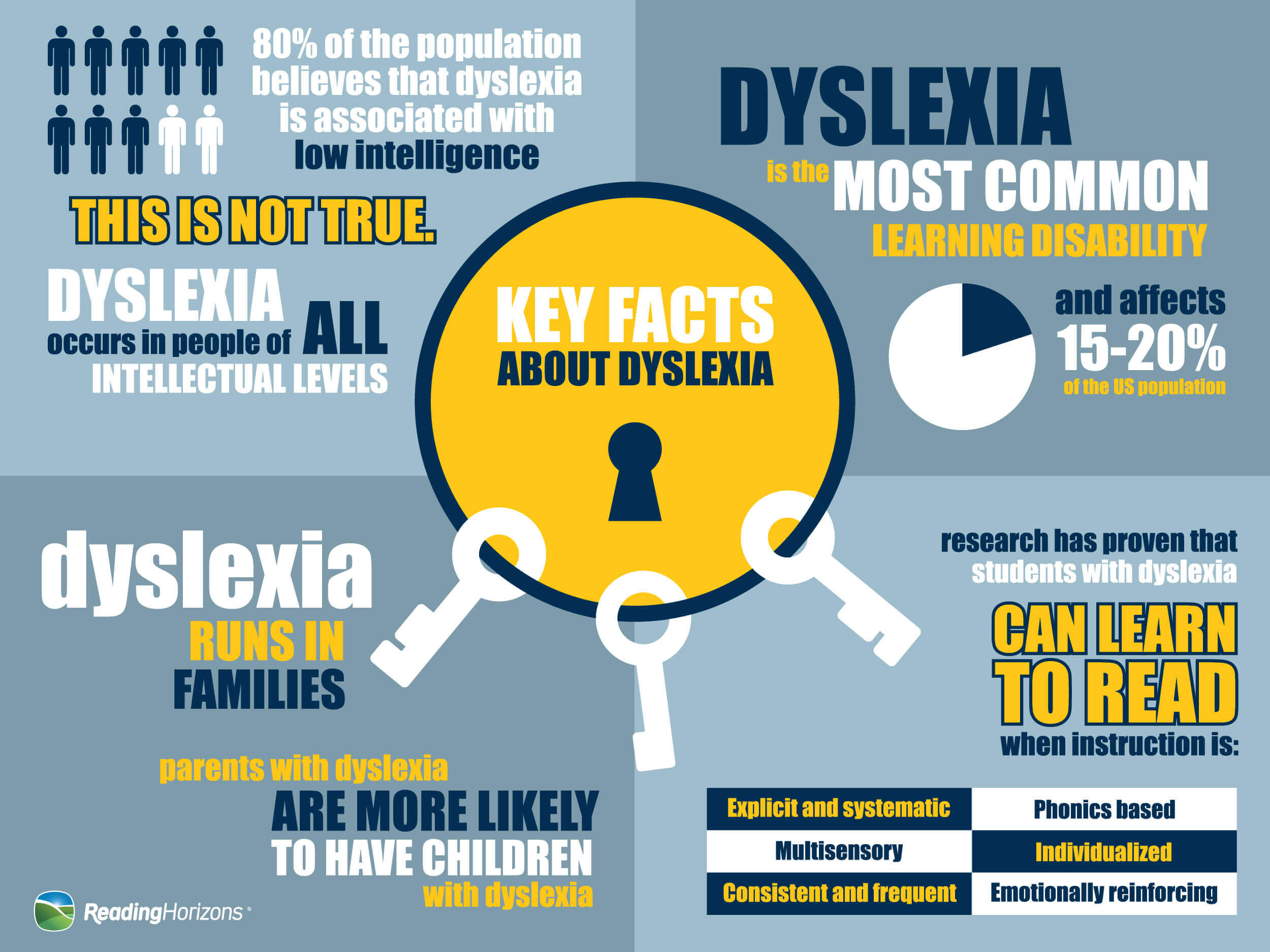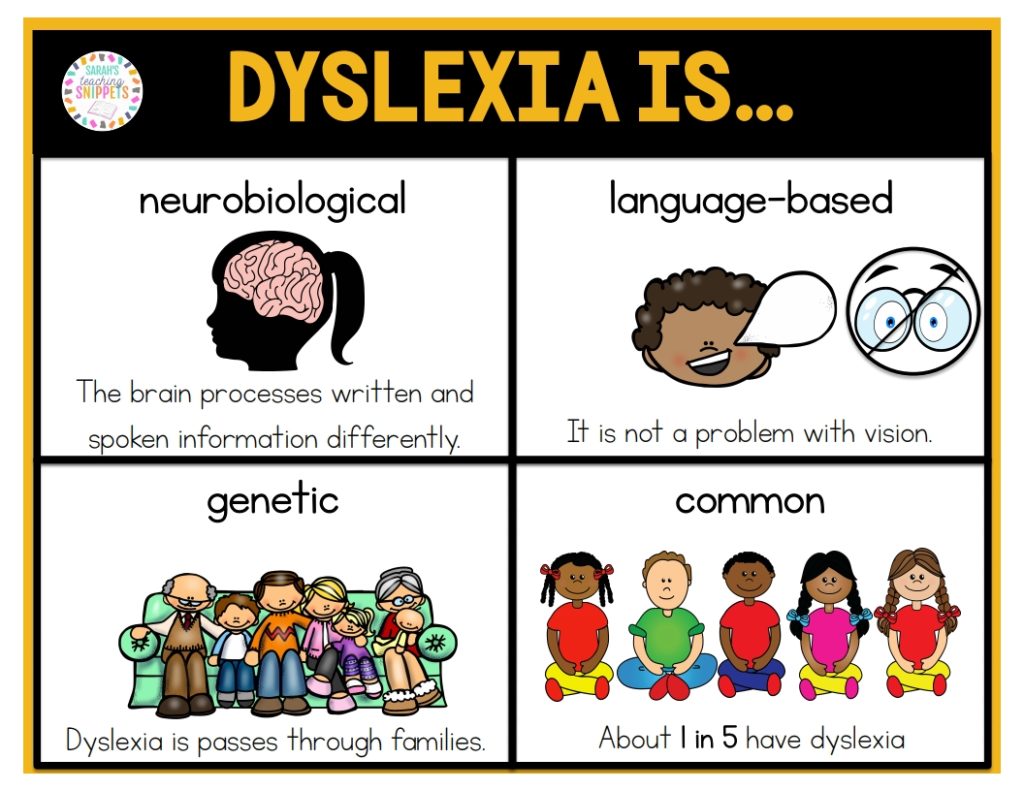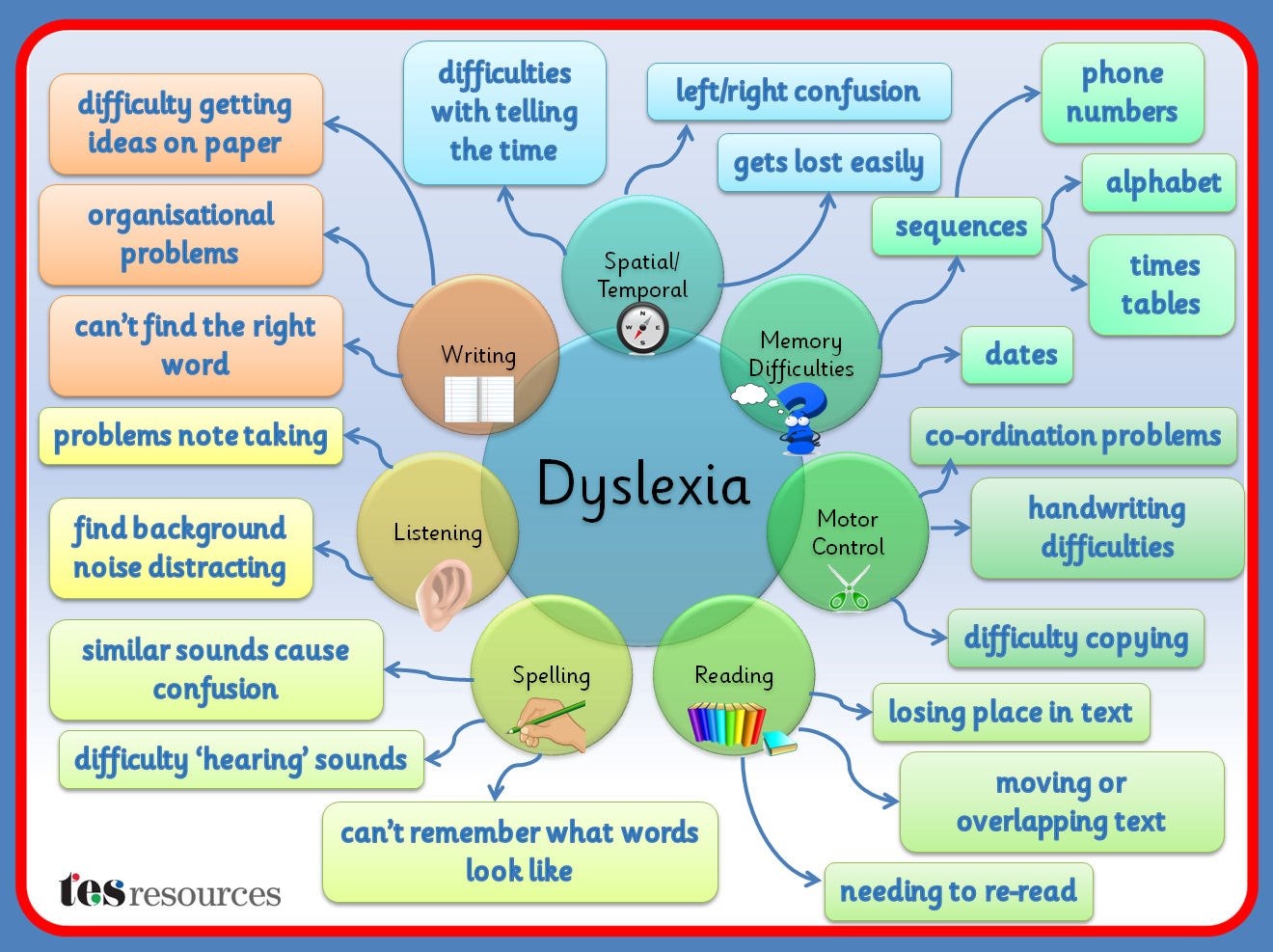Most Children With Dyslexia Can Learn To Read There s a range of effective strategies and tools that can help your child with dyslexia to overcome their reading challenges improve reading comprehension and help them fall in love with reading Here they are Whatever age your child is make time to read every day
Students with dyslexia have trouble learning to read printed words and tend to read less accurately and more slowly than their peers They may have difficulty with spelling words and acquiring a sight word vocabulary Older students may also experience difficulties learning a foreign language It is essential to focus on methods that improve reading skills in children with dyslexia Parents educators and specialists should work together to offer targeted support Implementing proven strategies can make a huge difference in reading comprehension Children with dyslexia benefit most from structured multi sensory learning programs
Most Children With Dyslexia Can Learn To Read
 Most Children With Dyslexia Can Learn To Read
Most Children With Dyslexia Can Learn To Read
https://i.ytimg.com/vi/bv3qAdmZuwM/maxresdefault.jpg
What s the best way to teach kids with dyslexia how to read The most helpful approach is called structured literacy This way of teaching reading is Systematic Reading skills are taught in a logical order Kids have to master the basics before moving on to more complex skills
Pre-crafted templates offer a time-saving service for creating a varied range of files and files. These pre-designed formats and layouts can be made use of for different personal and expert tasks, consisting of resumes, invites, leaflets, newsletters, reports, discussions, and more, streamlining the material production process.
Most Children With Dyslexia Can Learn To Read

About Dyslexia

Texas Dyslexia Handbook 2021

Dyslexia In Texas Pdf

The Two Types Of Dyslexia

All About Dyslexia Sarah s Teaching Snippets

Pin By Eddie Conlon On Learning Support Dyslexia Dyslexia Resources

https://readingeggs.com › articles › how-to-teach-dyslexic-child-to-read
Most children with dyslexia can learn to read fluently Parents can start by building phonics skills and vocabulary at home Dyslexia is a difference in the way the brain processes language ranging from mild to severe

https://childmind.org › article › understanding-dyslexia
Jan 6 2017 0183 32 Dyslexia is most commonly associated with trouble learning to read It affects a child s ability to recognize and manipulate the sounds in language Kids with dyslexia have a hard time decoding new words or breaking them down into

https://readingeggs.com › articles
Nov 6 2017 0183 32 Children with dyslexia can learn to read fluently with the right instructional approach Explicit and systematic instruction which develops sound letter awareness and an understanding of how written language works is a great way to build reading fluency in children with dyslexia

https://dyslexiaida.org
Can individuals who have dyslexia learn to read Yes If children who have dyslexia receive effective phonological awareness and phonics training in Kindergarten and 1st grade they will have significantly fewer problems in learning to read at grade level than do children who are not identified or helped until 3rd grade 74 of the children who

https://www.dyslexia.com › research › articles › when
Greater activity in right brain and frontal brain regions in dyslexic children correlates to and predicts later reading achievement Conversely a longitudinal study has indicated that dyslexic children who fail to develop these alternate mental pathways remain persistently poor readers
Nov 28 2023 0183 32 With early intervention or help from a young age many people with dyslexia can learn to read and write well Treatment may consist of specific teaching methods customized school programs or the use of tools like color overlays From difficulty with phonics to dancing letters dyslexic children may face extra challenges when they re learning to read We explain how you can support their learning at home
Learn the basics about Structured Literacy and how it helps children to decode words in an explicit and systematic manner This approach not only helps students with dyslexia but there is substantial evidence that it is more effective for all readers